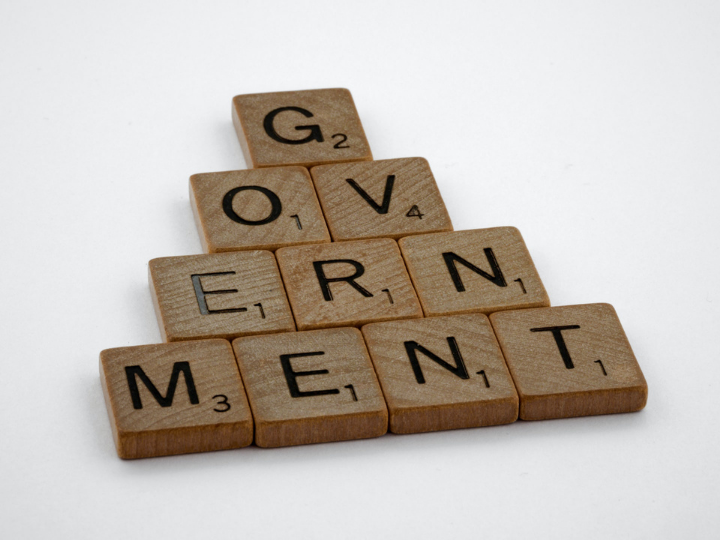by Joseph L Dieleman*
As the world grapples with one crisis after another, there is little doubt about the role of government in responding to these threats. Be it a military threat, such as war unfolding in Ukraine (or Ethiopia, Yemen, or elsewhere), or a global health threat, such as COVID-19, governments stand at the forefront of responding to crises. They convey critical—often life-saving—information, and make difficult choices about when and how to counter risks.
But what happens when governments have not garnered the trust necessary to convince people to follow them during crises? Lives are lost. In a study that I published in February 2022 in the medical journal The Lancet, with colleagues from the Institute for Health Metrics and Evaluation and the Council on Foreign Relations, we found that the countries with the lowest infection rates from COVID-19 had the highest levels of trust. This did not include just trust in their governments, but also trust in their local communities.
To explain why some countries protected their populations so well while others did not, we looked at over two dozen factors, including income level, age patterns, biological risks associated with transmission, health system spending, and traditional measures of pandemic preparedness. Surprisingly, the countries that curbed COVID-19 infections the most during the pandemic were not those with the best healthcare systems in the world. Nor were they the countries that experts had deemed most prepared to defend against a highly-contagious, deadly virus. Instead, countries with high levels of national and local trust most effectively slowed the spread of the virus and, ultimately, saved lives.
Interpersonal trust—the level of trust between people—was an even more powerful predictor of how well countries fared during the pandemic. Trust in government accounted for 7 percent of the differences between countries in infection rates (that were standardized to be comparable across countries), while interpersonal trust explained 17 percent of those same differences. If all countries had the highest levels of trust seen in the world—such as in Denmark and Switzerland—there might have been 40 percent fewer global infections.
Perhaps these results should not surprise us. Despite the tremendous amount of fear and uncertainty that came with COVID-19, the precautions that governments recommended the world over have not evolved significantly throughout the pandemic. Most governments eventually recommended social distancing and masking. Getting vaccinated and boosted became a common refrain from public health officials worldwide once these options became available. Still, masking and vaccination rates have varied dramatically throughout the pandemic, both globally and within countries like the U.S. Face-to-face interactions, measured by assessing people’s movement within the towns or cities in which they live, also varied dramatically—some populations responded dramatically and isolated themselves, while others reduced physical contact to a much lesser degree. As a consequence, we see that COVID-19 infection rates varied drastically, with many countries having infection rates more than ten times greater than countries such as Vietnam or New Zealand, which both have above average government and interpersonal trust.
What this research confirms is that an often-overlooked characteristic—trust—can enable or inhibit a government’s response to a crisis. Not only does a government need the tools to respond to a global health crisis, but it also requires buy-in from those it is trying to protect. When it came to COVID-19, countries that had people who would listen, trust, and act were able to prevent loss of life by limiting infections. As we move beyond COVID crisis management and turn to new crises—and prepare for future pandemics—it has become imperative to invest in building trust at the interpersonal and governmental levels.
*Associate Professor, Institute for Health Metrics and Evaluation (IHME) at the University of Washington
**first published in: www.weforum.org




 By: N. Peter Kramer
By: N. Peter Kramer
